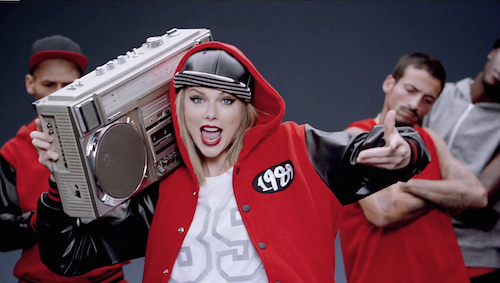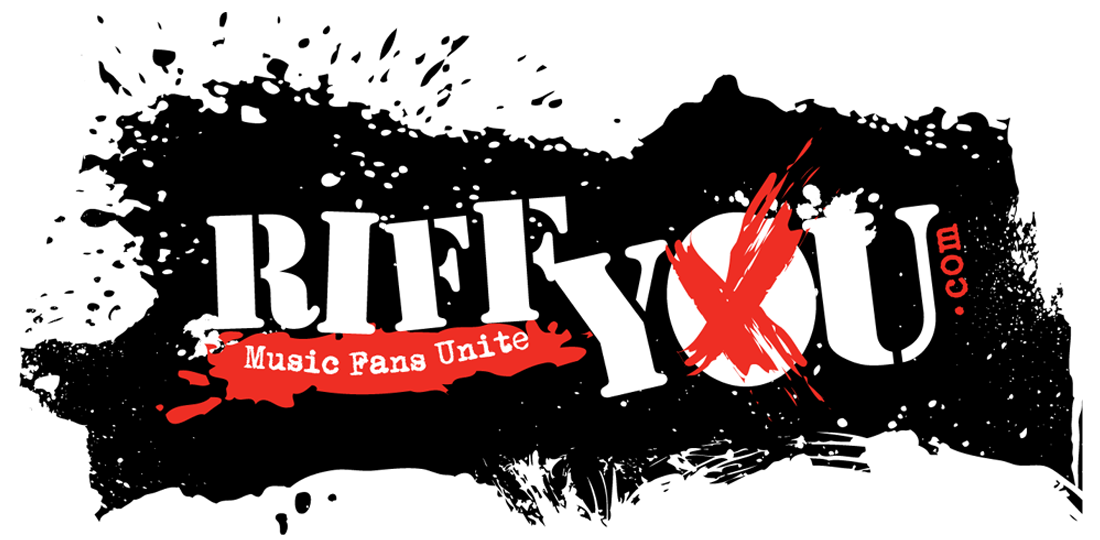Haters Gonna Hate: Why Taylor Swift Isn’t That Great
There was a time a few years ago that I was almost duped into believing that Taylor Swift was good for music. While it’s all a little fuzzy as to when these exact moments of momentary appreciation kicked in,  something tells me it was during an award show in which she danced in the front row, before looking awestruck after a triumphant performance or trophy nabbing.
something tells me it was during an award show in which she danced in the front row, before looking awestruck after a triumphant performance or trophy nabbing.
I sat there thinking, ‘I don’t like this music, but I don’t mind this girl.’ She was young, already accomplished, and seemingly humble about it as well. She still seems to be all of these things now, but something’s a little off.
When Swift emerged in the back half of the 2000s, the easy thing to do was classify her as a country artist. Yeah, yeah, other stylistic influences were there, but country fit best.
As a teenager and early 20-something, she was composing and performing songs in a way that made her seem wise beyond her years. By doing this, she grabbed the young girls, their parents, and gave them a new music hope that was safe, but not dumbed down. Messages were being given, but they didn’t involve useless references to tits and ass.
Red emerged in 2012 and the single “I Knew You Were Trouble” made many believe that Ms. Swift was looking to step away from the twang and join the pop gang. Two years later, 1989 emerged and became the highest selling album of 2014. Why? Because Swift (admittedly!) and calculatedly, made a pop album. We were all now going to be saddled with “Shake It Off” for the rest of our natural lives. God help us all.
“The best choices are bold choices,” said Swift in an interview with Ryan Seacrest in 2014. “With my last album Red, I kind of had one foot in pop and one foot in country, and that’s really no way to walk and get anywhere. If you want to continue to evolve, I think eventually you have to pick a lane, and I just picked the one that felt more natural to me at this point in my life.
She continued: “A huge goal for this album was to make songs that were instantly catchy [and] also have meaning behind them.”
So what’s the problem?
The problem is that Swift had the opportunity to be a successful artist without having to sell herself down the traditional pop-tart path. By no means is she the most egregious offender of this strategy out there, but she’s offending no less.
While Swift was a big deal before, the release of 1989 has made her into an even bigger deal, to the point where many want to anoint her as the music industry’s most vital figure.
Yes, Swift sells a shit ton of albums, but does that really make her vital? It’s hard to think so – she’s just putting her stamp on a format of music that is easily disposable once its initial luster wears off.
Perhaps the most disappointing element of it all is how Swift has chosen the easy road. Yes, some will remember her days where she strictly stood behind the guitar, or sat behind the piano, and played a song about a boy that broke her heart and changed her life. But memories are short and many others will cling to the business decision that made Swift shift her focus to the pop landscape. Some can get past that, while others will wonder why her empire needed such drastic renovations.
My hope was that Swift was going to be different. My hope was that she was going to explore more credible sounds – she already had the fan base and credibility to do so, so why not? My hope was that she would not become just another pop star.
Turns out, she just wanted to be a little bit like everyone else.
Even though I’ve never liked Swift’s music, this sideline observer still expected more from her as an artist. She owes it to herself to be better than “Shake It Off.”
-Adam Grant
Please be sure to follow us on Twitter @riffyou and at Facebook.com/riffyou.

































